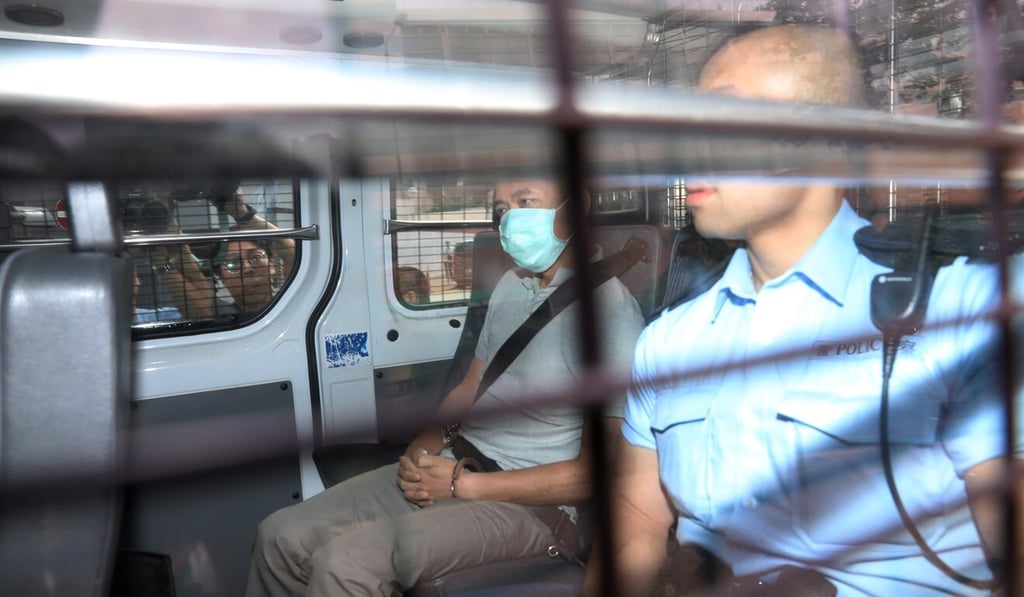Concerns raised over remarks by Hong Kong judge who expressed sympathy for man he jailed for stabbing three people at protesters’ ‘Lennon Wall’
- Judge Kwok Wai-kin jailed man for 45 months for attacking reporter and two others but also said black-clad protesters had ganged up like a ‘terrorist army’
- Other legal experts said it was hard to argue there was any bias in the sentence handed down

Two prominent lawyers and pro-democracy activists on Saturday raised concerns about remarks by a Hong Kong judge who expressed sympathy for a tour guide he jailed for stabbing three people at a popular site for anti-government messages.
But other legal experts said it was hard to argue there was any bias in the sentence handed down, even though District Judge Kwok Wai-kin’s comments might not have been necessary.
The judge on Friday jailed Tony Hung Chun, 51, for 45 months for stabbing a newspaper reporter and two others with a beef knife inside a pedestrian tunnel – used by anti-government protesters as a so-called Lennon Wall to post messages of support – in Tseung Kwan O in August last year.

Hung, who pleaded guilty to three counts of wounding with intent, had been out of work for about two months and said his emotions were affected by the protests, which had broken out in June.
That was accepted by the judge, who described Hung as “an involuntary sacrifice and a bloodstained victim hanging by his last breath” amid the social unrest.